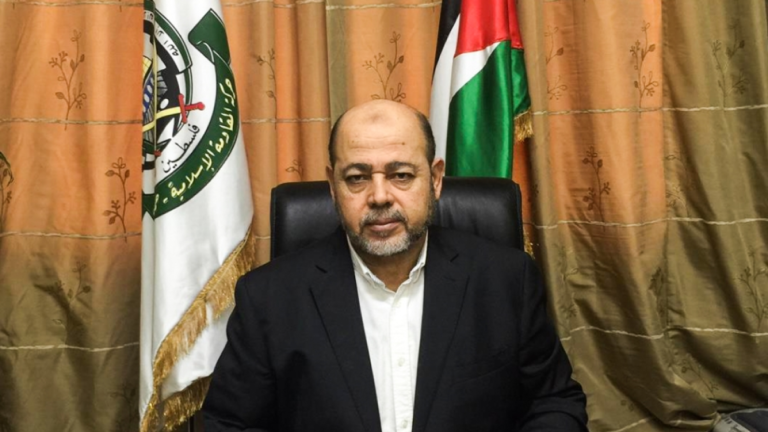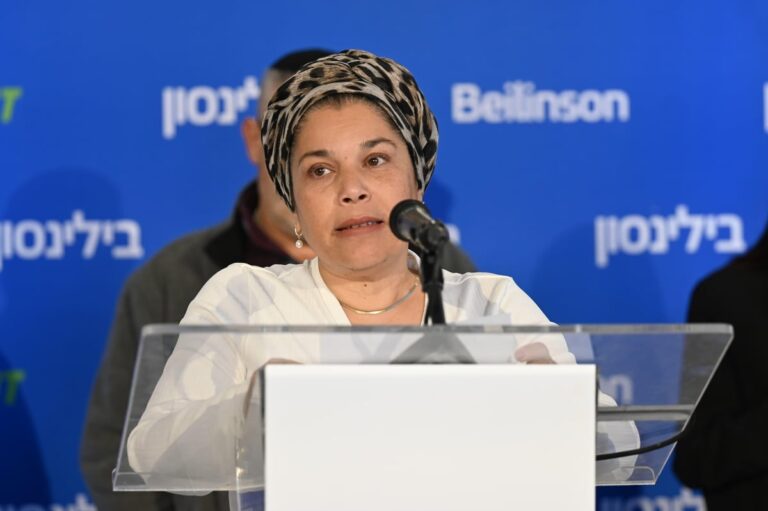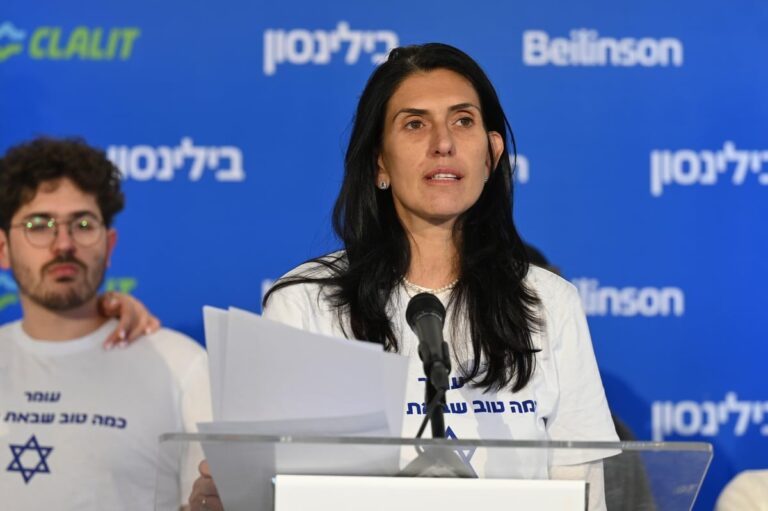 The government says more flights are arriving on time, airlines are canceling fewer flights, but passengers’ complaints are still rising.
The government says more flights are arriving on time, airlines are canceling fewer flights, but passengers’ complaints are still rising.
Meanwhile, a new survey commissioned by the industry shows that most travelers are satisfied with airlines.
The Department of Transportation said Wednesday that 83.6 percent of flights on the leading airlines arrived on time in February. That’s up from 81.3 percent in January and 72.8 percent the previous February.
Hawaiian Airlines and Alaska Airlines were most likely to be on time. Southwest had the best on-time mark among the biggest four carriers, followed by Delta, United and American.
Spirit Airlines and JetBlue Airways were late most often, with more than 30 percent of their flights running behind schedule.
The federal government counts a flight as on time if it arrives within 14 minutes of schedule.
Ten planes loaded with passengers sat on the ground for at least three hours during winter storms on the East Coast, including two American Airlines flights and five American Eagle flights. A spokesman for American said all the delays were weather-related and the airline apologized to passengers. The Transportation Department said it is investigating the incidents, which could result in fines.
The leading 12 airlines canceled 1.6 percent of their February flights, down from 2.6 percent in January and 4.8 percent last February, the government reported.
Spirit had the highest cancellation rate, 3.9 percent. Hawaiian, which operates mostly in fair-weather locations, canceled only three flights all month.
Complaints against U.S. airlines, however, ticked up to 1,113 from 1,039 a year earlier. That’s still a tiny fraction of the more than 50 million passengers who flew during February. Many more people complain directly to the airlines without going through the government.
An industry trade group, Airlines for America, released a survey it commissioned that reported that nearly 80 percent of Americans who flew in the last year were satisfied with their experience. The online survey of 3,019 people was conducted in December by Ipsos Public Affairs.
Ipsos said that young people and those earning less than $50,000 a year are flying more often than their counterparts in a 1997 survey. The airline trade group said travel is increasing partly because of the range of airline offerings, from premium cabins to low-fare tickets.
“It’s that type of segmentation that is making the skies more accessible than ever before,” John Heimlich, chief economist for the airline group, said on a conference call with reporters.
(AP)










